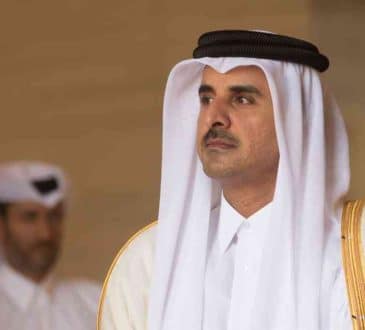Former Swedbank CEO Sentenced to 15 Months for Misleading Statements on Money Laundering

In a surprising reversal of an earlier ruling, a Swedish court has sentenced Birgitte Bonnesen, the former CEO of Swedbank, to 15 months in prison for issuing misleading statements that led to significant financial losses. This follows her initial acquittal by the Stockholm District Court in January 2023.
The case against Bonnesen arose from revelations in 2017-2018 about potential money laundering involving Danske Bank’s Baltic operations. When questioned by reporters about Swedbank’s involvement in similar issues, Bonnesen downplayed any concerns, stating there were no ties to money laundering through Danske Bank’s Estonian branch and that Swedbank had thoroughly investigated its Baltic operations.
However, the court found that two of Bonnesen’s public statements were misleading. According to Judge Sven Johannisson, these misrepresentations, combined with the financial harm they caused, were central to her conviction. The judge emphasized that misleading the public alone was not enough to constitute fraud—what tipped the scales was the severe financial damage resulting from her actions.
The turning point came when Swedish Television’s investigative show “Mission: Investigate” revealed leaked information pointing to suspicious clients funneling billions of dollars through Swedbank. The subsequent drop in the bank’s stock price caused significant losses for its shareholders. Some of these clients were reportedly Russian oligarchs, with links to the infamous $230-million Magnitsky fraud in Russia, which involved tax theft from the fund of American investor Bill Browder.
Browder, an outspoken critic of the scandal, welcomed the verdict, calling it a strong message to other banking executives about personal accountability. He noted that while banks often face fines, CEOs have traditionally avoided legal consequences. This case, Browder said, sets a new precedent by holding a top executive personally responsible for misleading statements.
Graham Barrow, an anti-money laundering expert, echoed similar sentiments. He called the verdict unprecedented and a wake-up call for senior managers in regulated industries, emphasizing the importance of genuine accountability in corporate governance.
Despite Bonnesen’s plans to appeal the ruling, it remains uncertain whether the Swedish Supreme Court will take up the case, as it typically only handles matters that require legal precedents.
Swedbank has remained silent on the outcome, stating it was not involved in the criminal case, which focused solely on the actions of its former CEO. The charges against Bonnesen were not about whether money laundering had actually occurred but about how she portrayed the bank’s handling of the risks involved.
In the aftermath of the scandal, Swedbank replaced both its chairman and CEO to restore trust and overhaul its anti-money laundering processes. The bank was fined a record $400 million by Swedish regulators in 2020 and is also under investigation by U.S. authorities, with whom it is cooperating fully.
Bonnesen was also accused of unlawfully sharing insider information with major shareholders, but she was acquitted of those charges.
Have you read?
Best Fashion Schools.
Best Universities.
Best Medical Schools.
Best International High Schools.
Countries: Most Female Billionaires.
Bring the best of the CEOWORLD magazine's global journalism to audiences in the United States and around the world. - Add CEOWORLD magazine to your Google News feed.
Follow CEOWORLD magazine headlines on: Google News, LinkedIn, Twitter, and Facebook.
Copyright 2025 The CEOWORLD magazine. All rights reserved. This material (and any extract from it) must not be copied, redistributed or placed on any website, without CEOWORLD magazine' prior written consent. For media queries, please contact: info@ceoworld.biz








